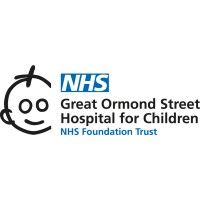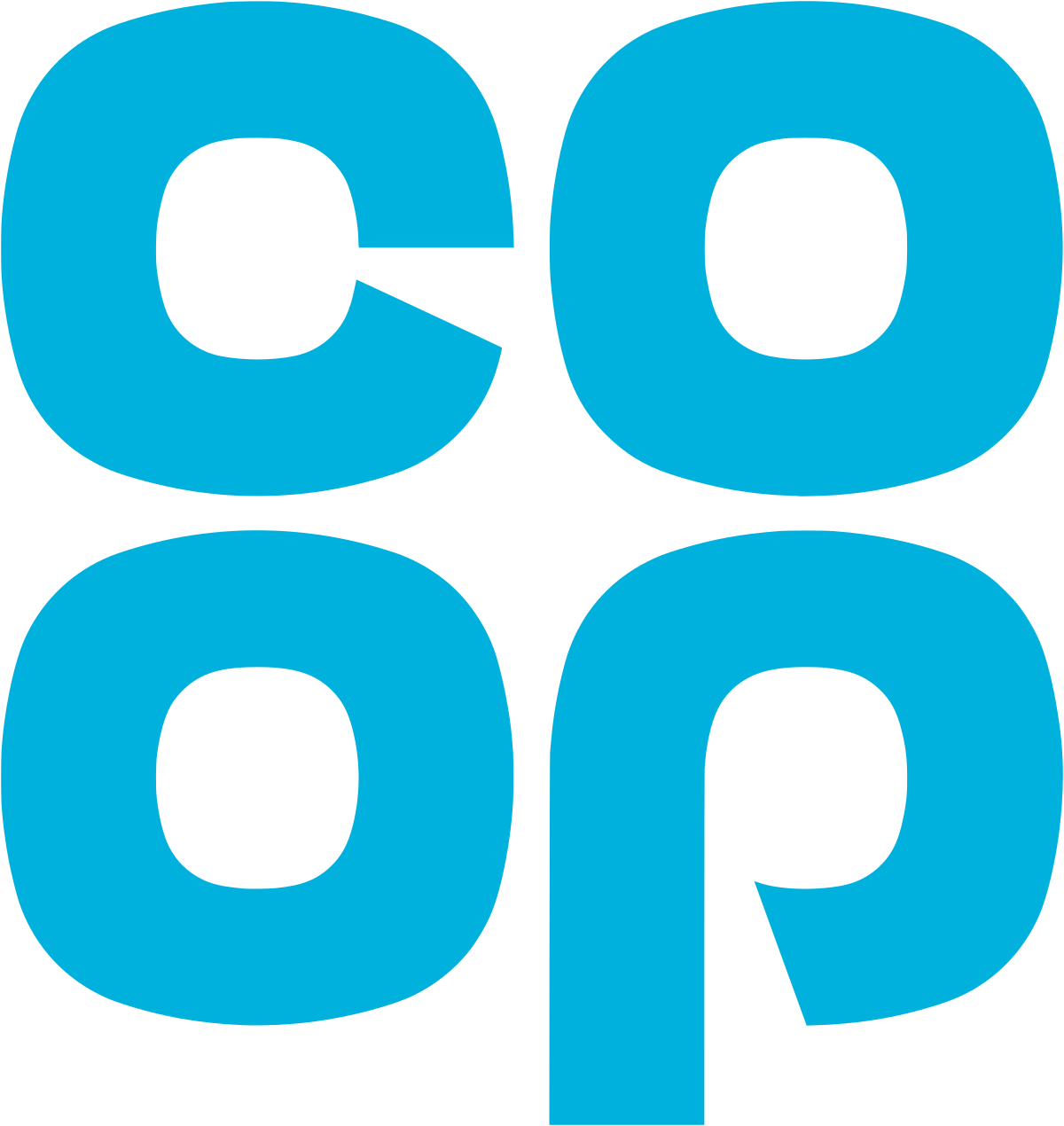Read our BTAM Newsletter.
March is
Brain Tumour Awareness Month (BTAM)
Brain tumours behave differently in children compared to adults.
This is because a child’s brain is still developing. The treatments for brain tumours can result in more substantial side effects in children and many children who are receiving treatment for brain tumours can experience long-term problems, such as changes in intellectual and motor function. They can require ongoing care to help them function at school and throughout life.
A child's learning and development is an important part of their holistic wellbeing. Changes to their intellectual and motor function can happen gradually or suddenly after a brain tumour diagnosis.
This can come as a shock to the child and their parent carers because these changes in intellectual and motor function can develop as mild symptoms or into more severe learning disorders or disabilities.
It is important that changes to the learning and behaviour of a child with a brain tumour is closely monitored in the hospital, at school and at home.
We partner with our children's schools to raise awareness of some of the changes that can occur in the learning and behaviour of a child with a brain tumour. We work closely with children with brain tumours and their parent carers and help them recognise these changes early, so that the right interventions can be accessed on time.
We equip the child and their parent carer with important information and facilitate relationships with the child's school to ensure parent carers are offered realistic opportunities to discuss any changes, and know what to do when these changes occur.
We are here to guide children with brain tumours and their parent carers as they learn to navigate the special education or learning disability system pathways.
Can you help us support more children, young people with brain tumours and their families?
These changes need to be identified and addressed on time, appropriately, and by the right professionals, to avoid delays in intervention and more emotional distress on the child and their parent carers.
Did you know that brain tumours in children are unlike other childhood cancers? They are more complex and according to NICE, brain tumours are responsible for 1 in 5 childhood cancer deaths in the UK. About 498 children will develop brain tumours each year and childhood brain tumours are one of the six Less Survivable Cancers (LSC) today.
The signs & symptoms of childhood brain tumours are often non-specific and still easily missed or diagnosed late. Sadly, 90% of our confirm that their child was misdiagnosed or diagnosed late.
Nothing prepares a child or their family for the emotional, physical, spiritual/existential wellbeing challenges they will encounter after they are diagnosed with a brain tumour. The shock of the diagnosis, often leaves the family feeling devastated, with a lingering sense of grief or despair that begins from day 1 and increases through the key stages of care until the end.
Not all brain tumours are terminal but sadly, many children with brain tumours will loose their mobility, sight, hearing, speech and language in just a matter of weeks. Symptomatically, children with brain tumours are known to deteriorate faster and within a shorter period of time.
It's difficult to imagine the wellbeing impact on the child and their family.
We need your support to reach more children with brain tumours and their families.
Watch our #BTAM campaign video.
We work with the system to improve the quality of the learning support available to children with brain tumours and reduce the inequalities that their parent carers may experience whilst on their child's learning journey.
Raising Awareness at the
HBTIG Brain Tumour Conference 2022
What We Offer
We are a childhood cancer support charity established out of lived experience and in memory of Daniella Logun.
We believe that raising awareness of the holistic wellbeing impact of a brain tumour diagnosis on a child and their family, and offering holistic wellbeing support from the point of diagnosis can significantly improve the quality and outcome of care that the child receives whilst on their brain tumour/cancer care pathway.
Through a partnership with local authorities, NHS Foundation Trusts, academic institutions and Voluntary, Community and Social Enterprise organisations we seek to establish an integrated cross-functional multi-sector network around the child and their family.
This is our strategic objective in our bid to identify the holistic wellbeing priorities that are important to the child and their family. We strive to work with the system to co-design and co-develop solution that improve existing services, are inclusive and accessible to our children and their families.
Through our lived experience, we remain passionate about reducing the holistic wellbeing inequalities that affect the access to, experience and outcomes of care of Children and Young People with brain tumours, other cancers and their families.
Read The the All People's Parliamentary Group (APPG) for Brain Tumour Report
BTR_2667_APPGBT_Briefing_Pathway_A4_36pp_2023_Singles_HQP.pdf (shopify.com).
Think
Holistic
Wellbeing
Improve
CYP
Outcomes
Reduce
Wellbeing
Inequalities
Reach
More
Families
What We Do
We raise awareness of the holistic wellbeing challenges faced by children and Young People diagnosed with brain tumours, other cancers and their families and offer emotional, practical and spiritual support to our children and their families from the point of diagnosis onwards.
Click to sign The Brain Tumour Charity's Open Letter To The Health Minister | The Brain Tumour Charity.
We need sponsors and donors to sustain what we do.
We work in partnership with
Donate to our DLF GoFundMe Campaign
What People Say About Us










